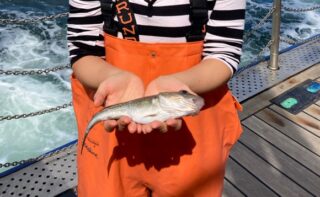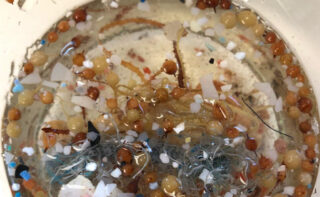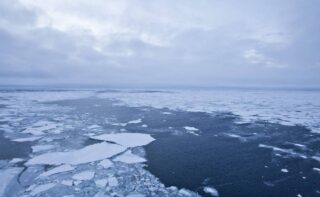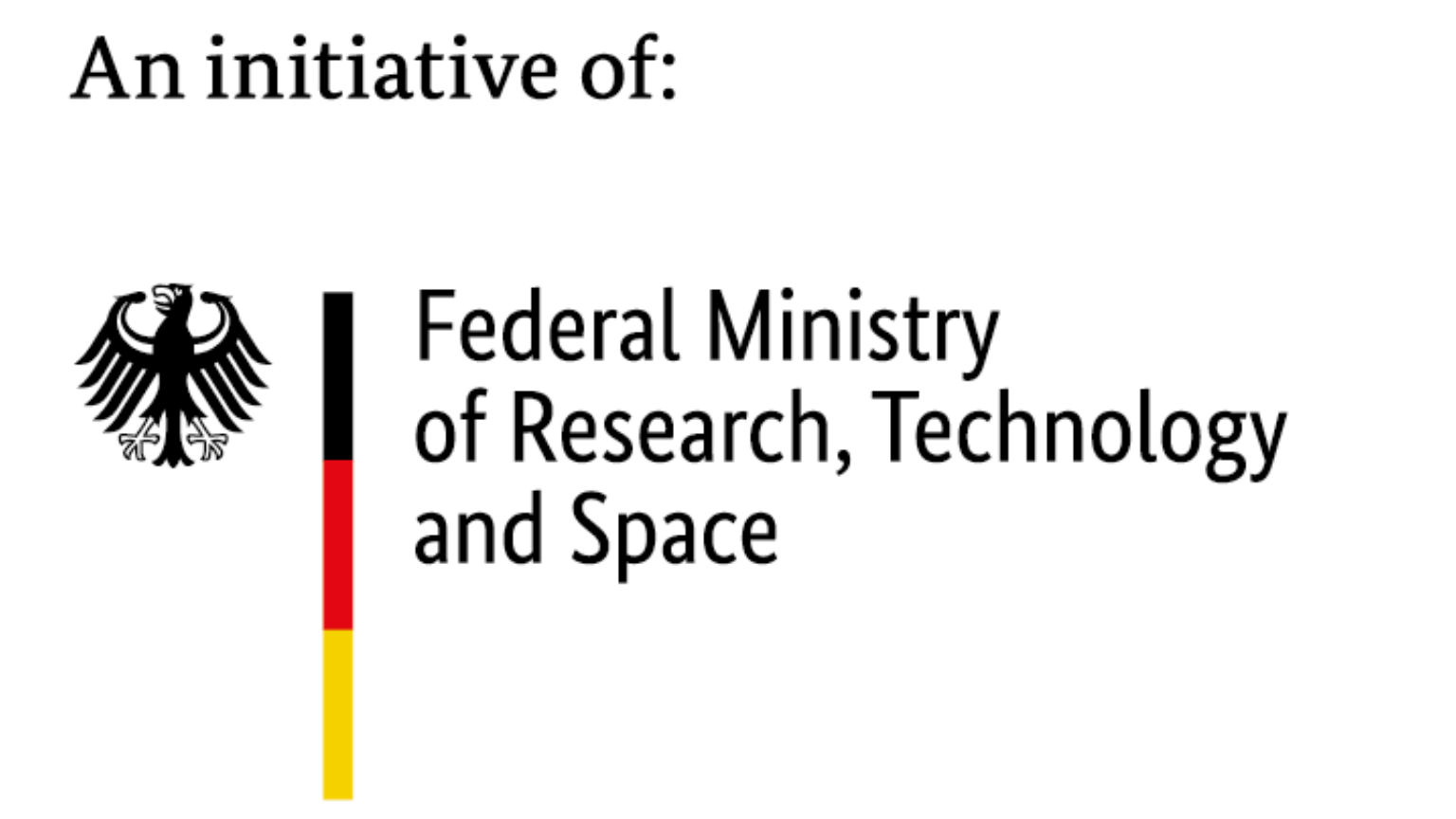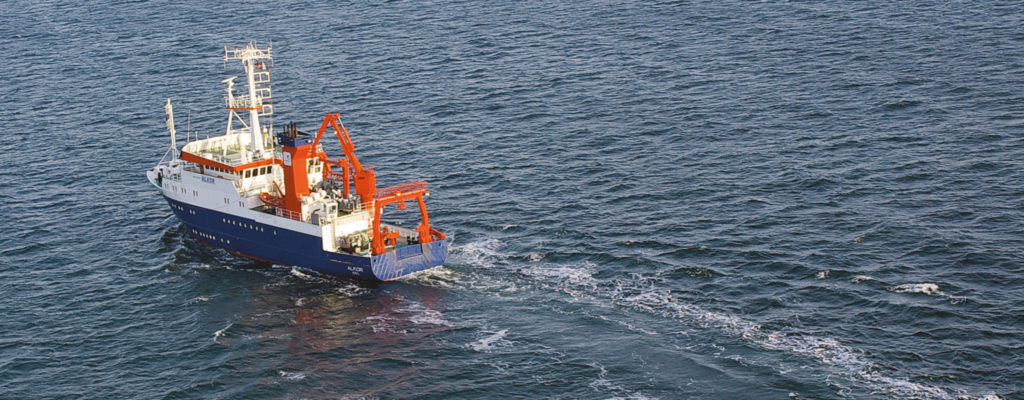
Global measures against coronavirus are also affecting German research vessels
Research expeditions subject to restrictions
One of the consequences of the corona pandemic is that not all expeditions by German research ships will be able to continue or go ahead as planned. There are many reasons for this: travel restrictions imposed in Germany and around the world have been extended further and further in recent weeks, numerous flights have been cancelled, quarantine restrictions have been imposed, research institutions have been obliged to cut back research and business travel, and most of their employees have been asked to work from home.
As a result, changing crews during research expeditions lasting many months has become extremely complicated, because the replacement staff must be quarantined beforehand and undergo repeated testing to ensure that the coronavirus cannot get on board.
Research vessels in German ports or on their way home
Because of this, most of Germany’s research vessels have either already returned to their home ports or they are currently on their way back to Germany. The following overview has been compiled in collaboration with the member institutions of the DAM:
The research ship Alkor, which is coordinated by the GEOMAR Helmholtz Centre for Ocean Research, Kiel, was on an expedition along the Western European coast as planned, from 5 to 26 March, to collect samples and other data on the distribution and the effects of plastic waste, as part of the European research project HOTMIC. This ship is now lying in her home port of Kiel.
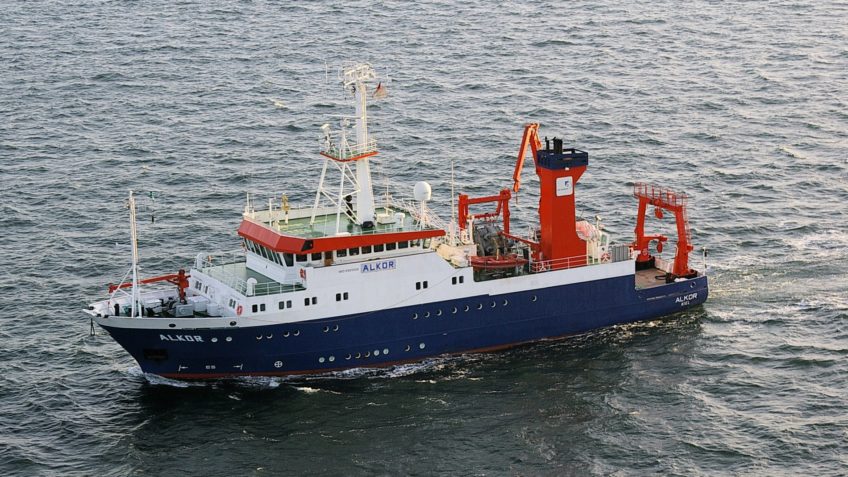
Most of the Alkor’s forthcoming journeys have been cancelled, including AL534/3 (3–9 April, Universität Hamburg), AL535 (13–28 April, GEOMAR) and AL537 (12–27 May, GEOMAR). The plans for the expedition AL536 by Kiel University from 30 April until 10 May are still going ahead.
All excursions on the research cutter Littorina, which is also coordinated by GEOMAR, have been cancelled up until Easter. After that, she will initially only be allowed to do day trips. The general restriction imposed for these excursions is that the number of people on board must be such that a minimum distance of 1.5 metres between participants can be maintained in all areas.
The research vessel Elisabeth Mann Borgese, whose trips are coordinated by the Leibniz Institute for Baltic Sea Research, Warnemünde (IOW), is lying in her home port of Rostock, after the institute’s management decided in the middle of March that no further research trips should take place up until 19 April. This decision affected a scheduled two-week trip that was supposed to monitor the environmental conditions in the Baltic, and an eight-day voyage for testing marine equipment. Since the ship’s Baltic expeditions are not that long – lasting two to at most three weeks – the decision to undertake further trips can and will be taken at short notice, depending on current developments.
In mid March, the German Research Fleet Coordination Centre at Universität Hamburg decided that the research vessel Maria S. Merian should change course and head back to Germany. The Merian was on her way to Punta Arenas in southern Chile at the time and turned away after leaving Montevideo, Uruguay, to continue her journey to Germany. The expeditions that were due to take place between 18 March and 21 June have been cancelled. This affects the research programme FINWAP, which was to investigate the population of fin whales along the West Antarctic peninsula, fitting transmitters and studying krill at the same time, which was hoped to provide insights into the level of recovery of this whale species 35 years after the end of commercial whaling.
Another programme affected is CAMPOSEIS, a seismic experiment in the Campos Basin off the Brazilian coast, as well as the CORD expedition, which was to have conducted atmospheric and oceanographic measurements during the voyage from Rio de Janeiro to Brest in Brittany. These three cancelled research expeditions involved 16 marine research institutions from Germany (AWI, BSH, CeNak at Universität Hamburg, ICBM, GEOMAR, Hamburg City University, Max Planck Institute for Chemistry, MPI-M, MARUM, Universität Hamburg) and abroad (Curtin University, Australia, IFREMER, France, Royal Netherlands Meteorological Institute, Netherlands, Tethys, Italy, University of Basel, Switzerland, and University of Gdansk, Poland).
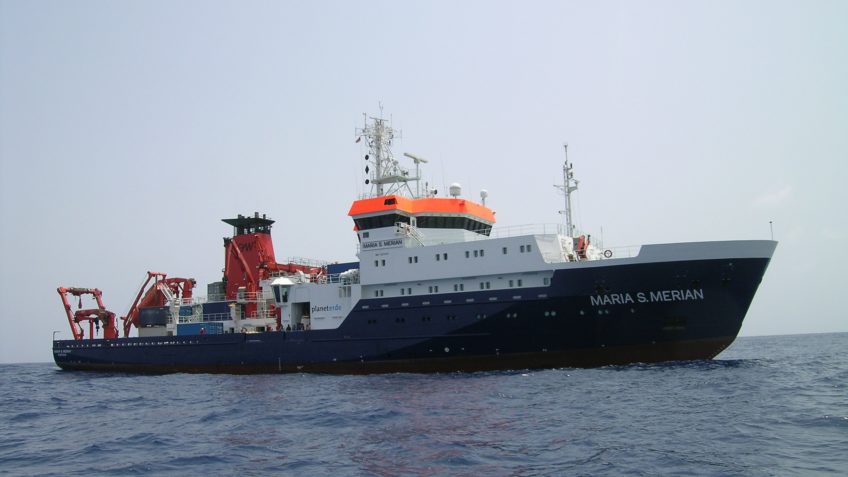
The research vessel Meteor, which – like the Sonne – is coordinated by the German Research Fleet Coordination Centre, is completing her current research expedition as planned until the beginning of April. She set out from the Azores on 6 March to examine the dewatering structures on the ocean floor of the Central North Atlantic (GLORIA-FLOW), under the leadership of GEOMAR. The subsequent PASTOSI expedition, which was to have explored marine particles from their sources through to their deposition off Northwest Africa from 8 April until 11 May, has been cancelled. Scientists from MARUM, the AWI, the MPI-MM, the universities of Ibn Zohr and Sultan Moulay Slimane, both in Morocco, and from the Royal Netherlands Meteorological Institute were hoping to conduct joint investigations into the formation, decomposition and sedimentation of organic matter and mineral particles. Instead, the ship will now be taken to the shipyard in Germany.
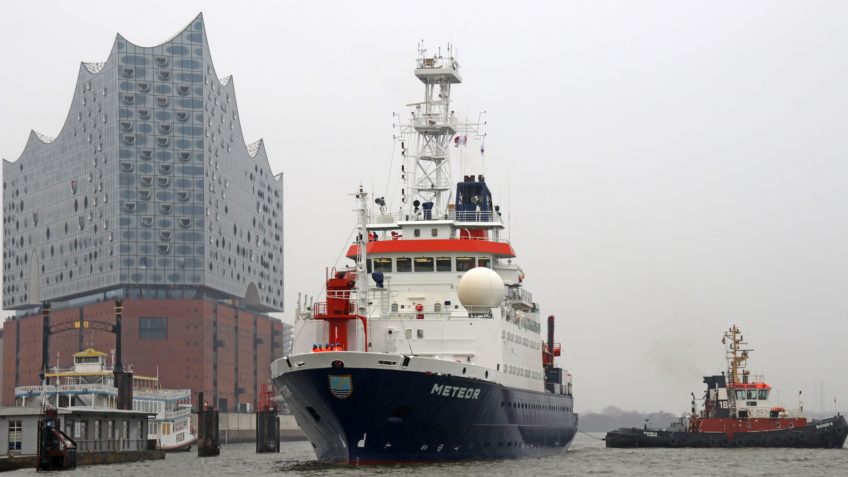
The Sonne cut short the MARION expedition in the Indian Ocean off South Africa on 21 March after eleven extremely productive days of research, by decision of the expedition leadership in close coordination with the Federal Ministry of Education and Research. Headed by Leibniz University Hannover, 35 scientists from various different countries had intended to study the structures and rocks on the ocean floor along the Southwest Indian Ridge. The Sonne first returned to Cape Town to drop off an observer from South Africa and is now on her return voyage to Germany, which will take several weeks.
The next two expeditions of the Sonne, which were to have taken place in the Indian Ocean between the middle of April and July, have also been called off. This includes the SO274 expedition under the leadership of GEOMAR, which was to have started in Durban, South Africa, and headed to Port Louis in Mauritius by the end of May, to carry out a multifaceted research programme: geological studies on the role of the submarine Madagascar Ridge in the breaking up of the supercontinent Gondwana, biological studies on the diversity of selected groups of animals in the benthic communities of the Madagascar Ridge, and the study of the biological and biogeochemical processes that affect the turnover of organic matter in the deep Indian Ocean.
The subsequent expedition SO275, led by MARUM, was to have recorded the distribution and biodiversity of cold-water corals in the Western Indian Ocean off Madagascar, Mozambique and Tanzania, so as to assess the future development of cold-water corals in a range of different future climate change scenarios.
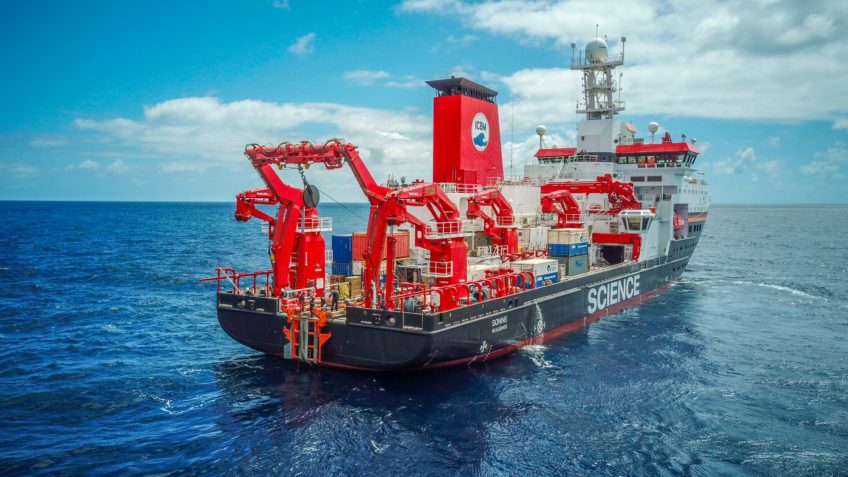
The research ship Heincke, which is coordinated by the Alfred Wegener Institute Helmholtz Centre for Polar and Marine Research (AWI), is also under continuous scrutiny to determine which of the upcoming expeditions can still go ahead. Already, all the excursions up until the middle of May, whose primary purpose is student training, have been cancelled in view of the nation-wide shutdown of universities.
Five expeditions have been cancelled during the months of April and May, and two others are doubtful, because the necessary quarantine measures involve a disproportionate amount of time and effort especially for short expeditions lasting just a few days.
The heads of the expeditions due to take place on the Heincke over the summer months, each lasting several weeks at a time, have already been asked to take possible quarantine measures into consideration in their further preparations for the expeditions, and to inform those taking part in the expeditions accordingly. These expeditions are meant to go to the Greenland Sea and to Spitzbergen, switching over equipment and staff in Norwegian ports. In view of Norway’s current entry restrictions, this does not seem feasible, and so the possibility is now being explored of carrying out the planned expeditions so as to begin and end in ports located in German waters. At the same time, the possibility of untangling the timing of the entire project by switching individual expeditions to one of the other German research vessels is being checked.
The two small research vessels Uthörn and Mya, both of which are also coordinated by the AWI, are currently only allowed to go on day tours. As for the Littorina, the general restriction imposed for these excursions is that the number of people taken on board must be such that the minimum distance of 1.5 metres between individual participants can be ensured.
Complex crew changes during Arctic expedition on the Polarstern
The Arctic expedition MOSAiC, which is led by the AWI, faces special additional challenges on account of the corona pandemic. Since the middle of October, the research icebreaker Polarstern has been setting up a large ice observatory on an ice floe in the central Arctic, with which she is now drifting past the North Pole towards the Fram Strait. Replacing the research staff and ship’s crew every two months has become increasingly complicated.
Originally, the next replacement of the crew was scheduled to take place in early April, by air from Spitzbergen. However, in view of the pandemic, the group of islands, which is under Norwegian administration, is currently locked down. At the moment, the AWI is working with the leaders of the MOSAiC project to draw up alternative plans for the next replacement of the crew. Some 100 people are on board the vessel right now, about half of them scientists. The expedition’s operations are currently being continued by the scientists on the ground, who are hoping to be relieved soon.
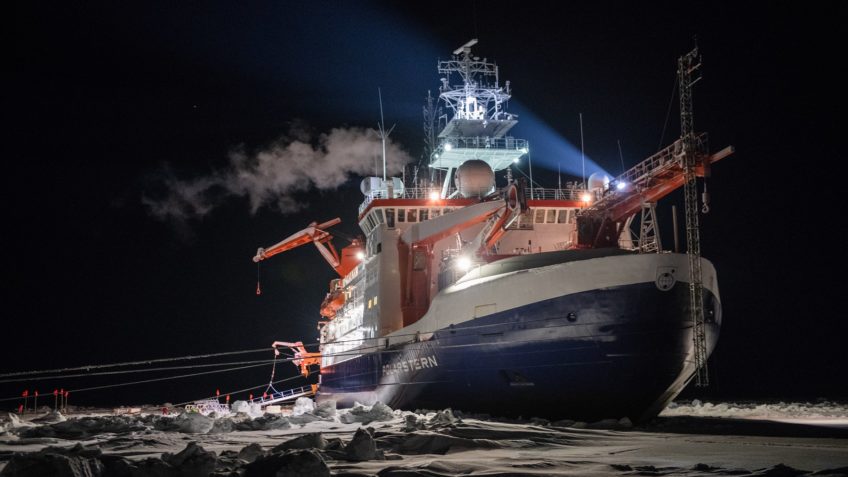
The AWI logistics has worked out a series of crew replacement plans, which may however only be implementable via German ports. Another option being considered is to ask returning German research vessels for their assistance in switching crews in ice-free regions. The expedition crew for the next research phase will be quarantined before the exchange and repeatedly tested for the coronavirus. The precise details of the preventive measures can still be adjusted in line with the specific situation and in agreement with the authorities.
For the moment it remains unclear when and how a three-member team of scientists from the AWI and ICBM will be able to return to Germany from a trip on a Norwegian krill fishing vessel in the Southern Ocean. For the time being, the team can continue its research and it is in constant touch with the research institutes as well as the foreign office concerning the possibilities of travelling home. However, the possibilities for leaving South America remain uncertain for now.
Perspectives for research expeditions on large German research vessels
The question that Andrea Gerriets, Head of Operations at the German Research Fleet Coordination Centre, hears most often these days concerns the research expeditions scheduled to take place during the second half of this year: Will these take place? Her reply is, “The expeditions have not yet been cancelled, but changes will have to be made.” Decisions on this are due to be taken over the coming weeks, keeping in mind the potential risks and implementable preventive measures, and the dependence on political decisions that may be taken on a national or international level.
A distinguishing feature of marine research is that the preparations for research expeditions stretch out across several months, starting with diplomatic applications to secure research permits for foreign waters, which need to be obtained internationally and in good time, through to making concrete travel preparations with partners. This process cannot be changed at short notice.
According to Andrea Gerriets, the research expeditions that had to be called off in the spring have largely been “postponed and not cancelled altogether.” For the moment, no one can tell when they can be rescheduled, because they have now been returned to the pool of planned trips and will have to be integrated into the future schedule all over again.
Impact on scientific training and ships’ crews
The restrictions are not only affecting the research expeditions themselves – leading to interruptions in time series and scientific observations which are vital for the protection of the climate, the environment and nature. They also apply to planned training expeditions on German research vessels. It currently looks as though most trips planned by universities for this year as part of their marine-oriented scientific training courses will be cancelled.
The ships’ crews of the big research vessels will remain employed, at least for the time being, bringing the ships home and carrying out technical work. Klaus Küper, the head of the department for research shipping at the shipping company Briese Schiffahrt, is “optimistic that we will maintain full employment until well into June. By then, a glimmer should become visible as to how things might continue.” What is important, he adds, is that the expeditions should once again become plannable. At the moment, precautionary measures for future expeditions are being discussed and planned with the research institutes, and the vessels themselves are being kept ready for deployment.
“The reason why the research vessels are so successful is that the crews on board are well trained and used to working with each other,” points out Michael Schulz, Deputy Chairman of the DAM Executive Board. The research institutions are making efforts to reduce the times during which the ships will be laid up.
Header Picture: GEOMAR (CC-BY 4.0)
Newsletter
Always up to date with the DAM newsletter. (German only)
